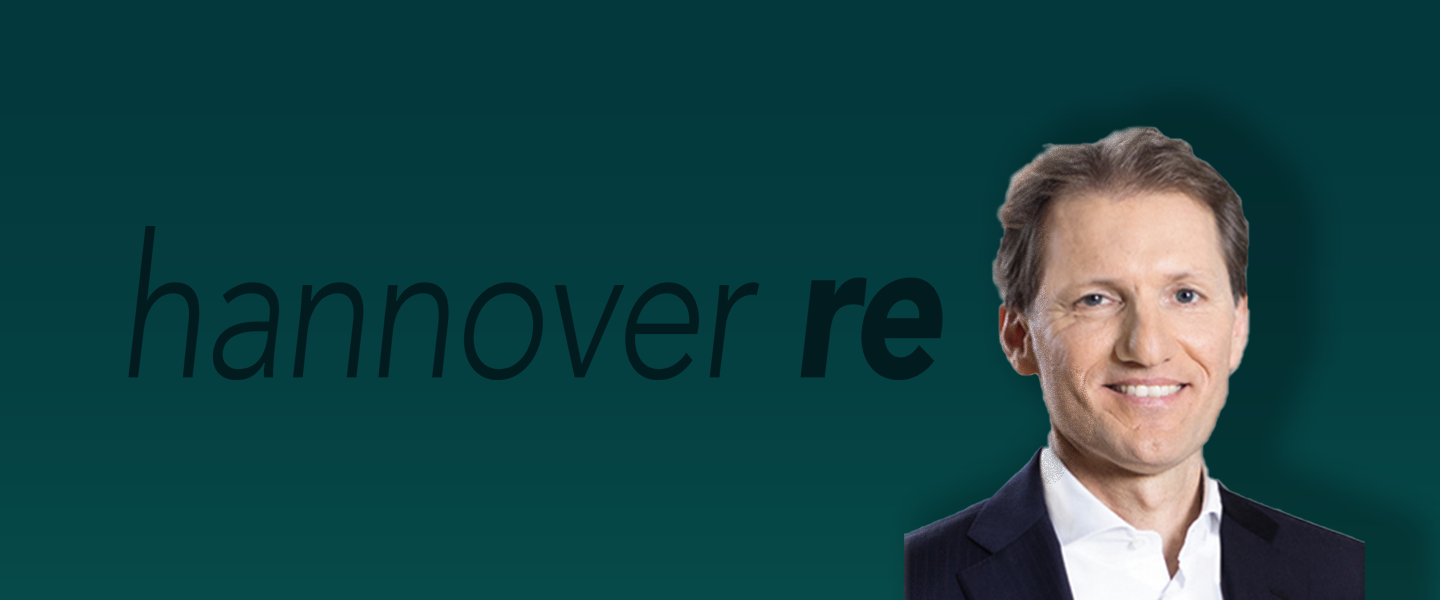The CEO of reinsurance firm Hannover Re is encouraging his staff to draw on the right side of the brain to model various unthinkable future scenarios, potentially as disruptive as COVID-19.
“COVID has brought with it many unexpected scenarios. We are in the business of insuring very large risks, of modelling scenarios. But we just didn’t think of this one.”
These are the words of Jean-Jacques Henchoz (MBA 1997), CEO of Hannover Re, one of the largest reinsurance groups in the world. It deals in property and casualty and life and health reinsurance, making it highly diversified.
“We were perhaps too rational. We tend to use the left side of the brain with scenario building,” said Henchoz. “The cost to society of COVID is proving to be quite considerable; it will burden the finances of the next generation. At Hannover Re, we have been broadening the scope and asking how we can manage our exposure to future risks.”
Henchoz worked for 20 years at wholesale provider of reinsurance and insurance Swiss Re and had only just taken the helm of Hannover Re, headquartered in the eponymous city, the third-largest in Northern Germany, when the rumbles of COVID started to sound in early 2020.
“When a major competitor called it was difficult to resist [leaving Swiss Re],” he said. He took on the role in May 2019.
But he was ripe for a CEO job. He had climbed the ranks over time at Swiss Re, a journey which saw him in six different roles and which took him on a five-year Canadian étape.
“First, I was an underwriter, and then I moved to Toronto where I was Managing Director and CEO for the Canadian market and the Caribbean region. There, I practiced a lot of what I had learned at IMD,” he recounted.
Henchoz, who today splits his time between Hanover and Zurich, completed his MBA at IMD in 1997.

Audio available




